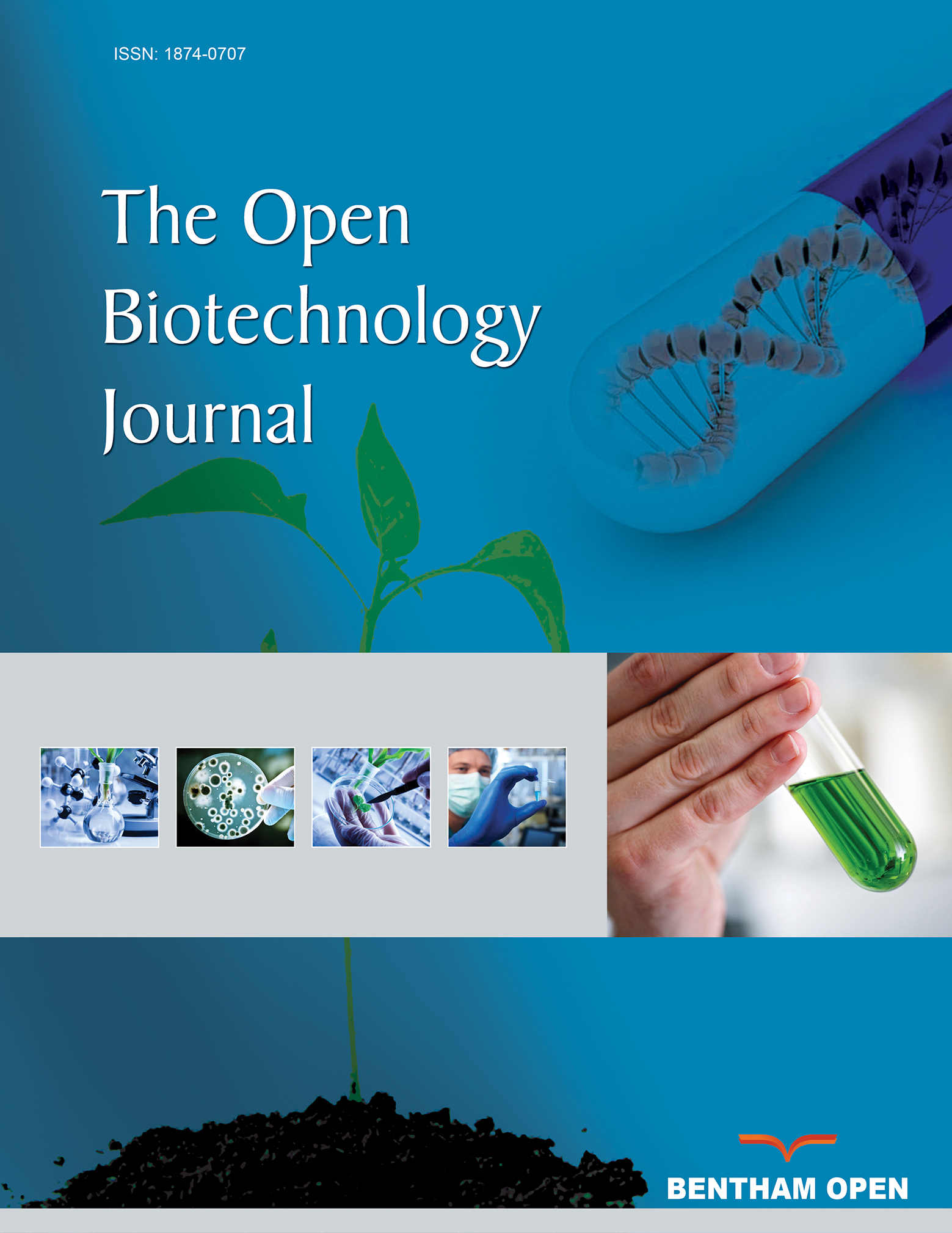All published articles of this journal are available on ScienceDirect.
The Inhibition of Amyloid Fibrillation Using the Proteolytic Products of PQQ-Modified α-Synuclein
Abstract
The inhibition of amyloid fibril and/or oligomer formation allows a novel therapeutic approach to neurodegenerative diseases such as Parkinson’s disease. We have previously reported that pyrroloquinoline quinone (PQQ), a cofactor in the bacterial oxidative metabolism of alcohols, prevents the amyloid formation of α-synuclein, which is the causative factor of Parkinson’s disease. Moreover, PQQ-modified α-synuclein is also able to inhibit the fibrillation of intact α- synuclein. Here, we demonstrate that PQQ-modified peptide fragments, the proteolytic products of PQQ-modified α- synuclein, prevent the amyloid formation of full-length α-synuclein, and that these inhibitory effects are derived from the PQQ modification of the peptide. Moreover, these effects are likely to be peptide-sequence-dependent. Thus, the specific interaction between the full-length α-synuclein and the peptide region of the PQQ-modified peptide prevents amyloid formation.


